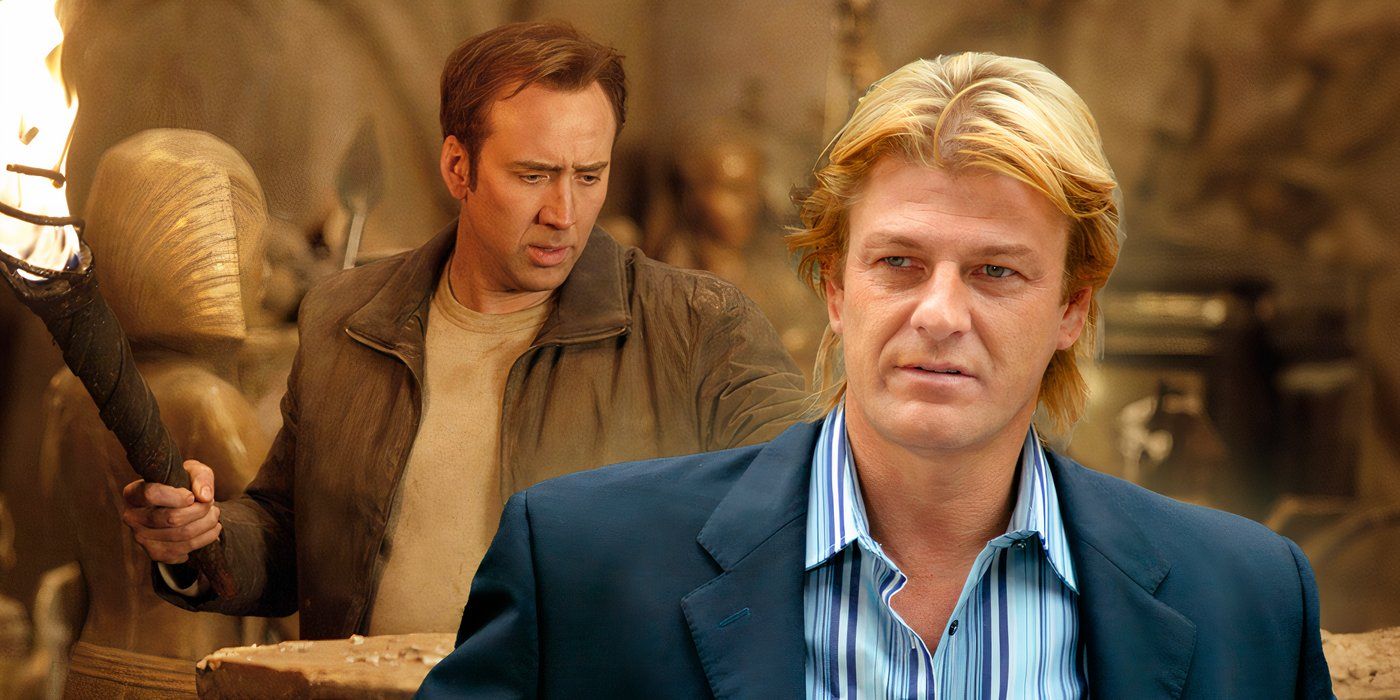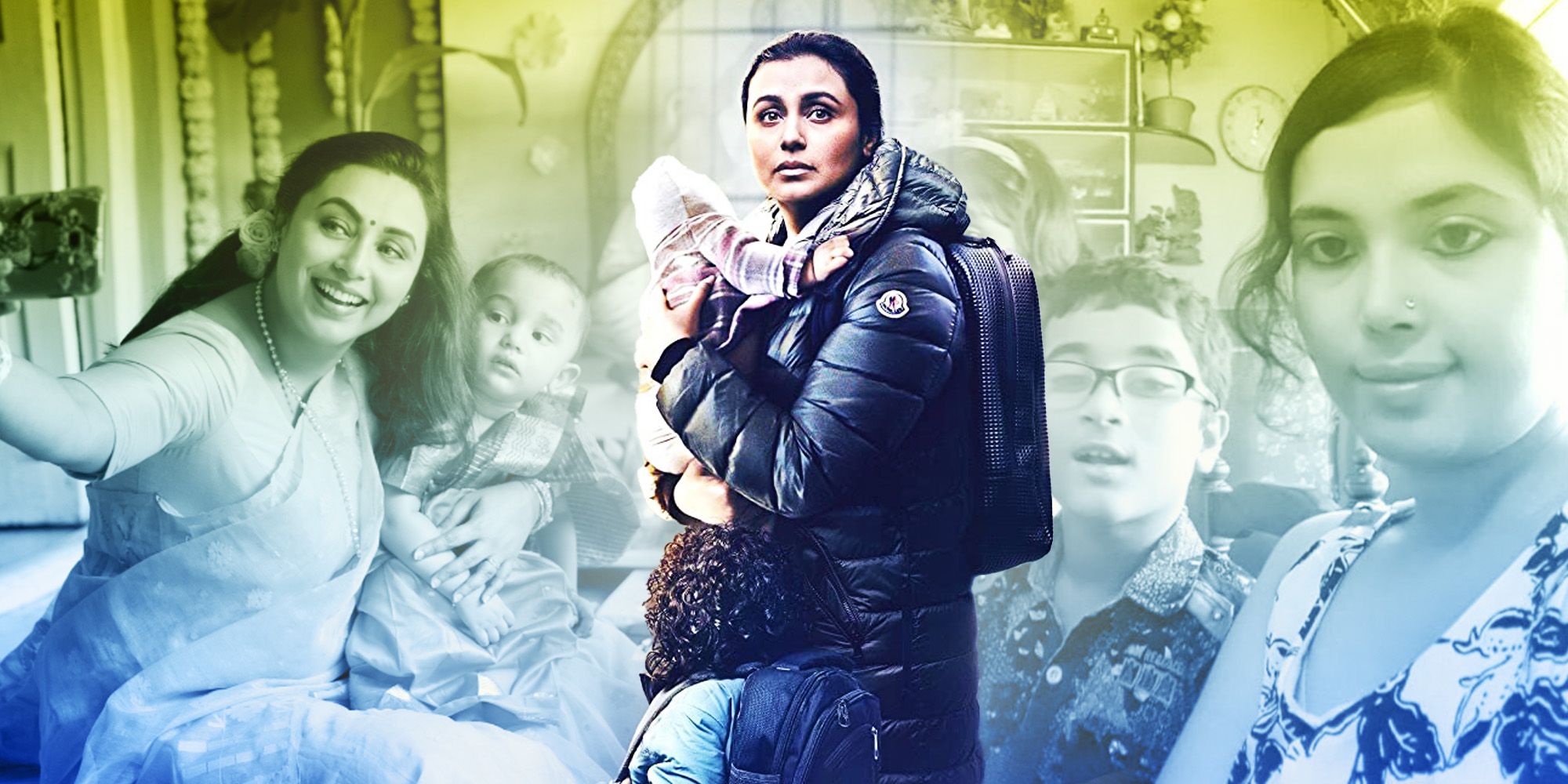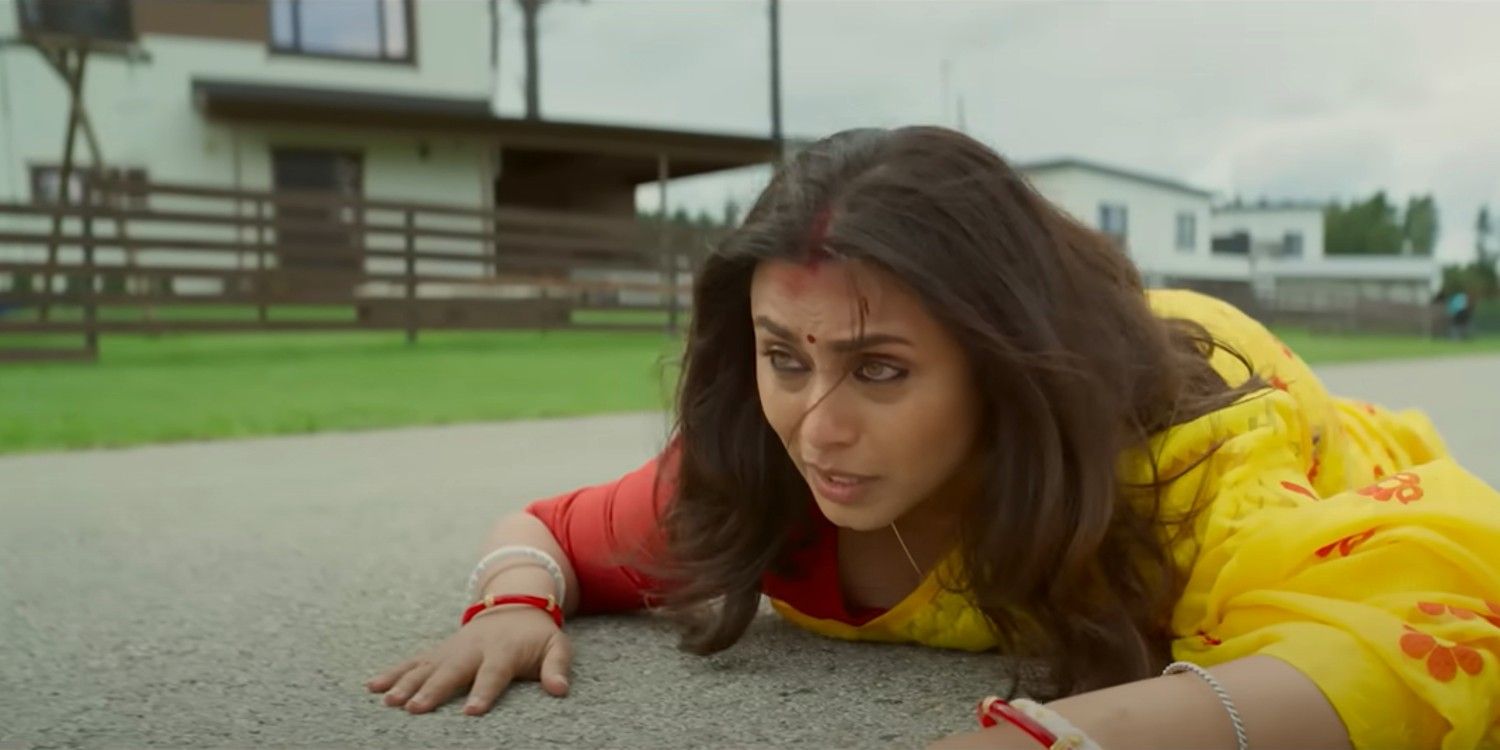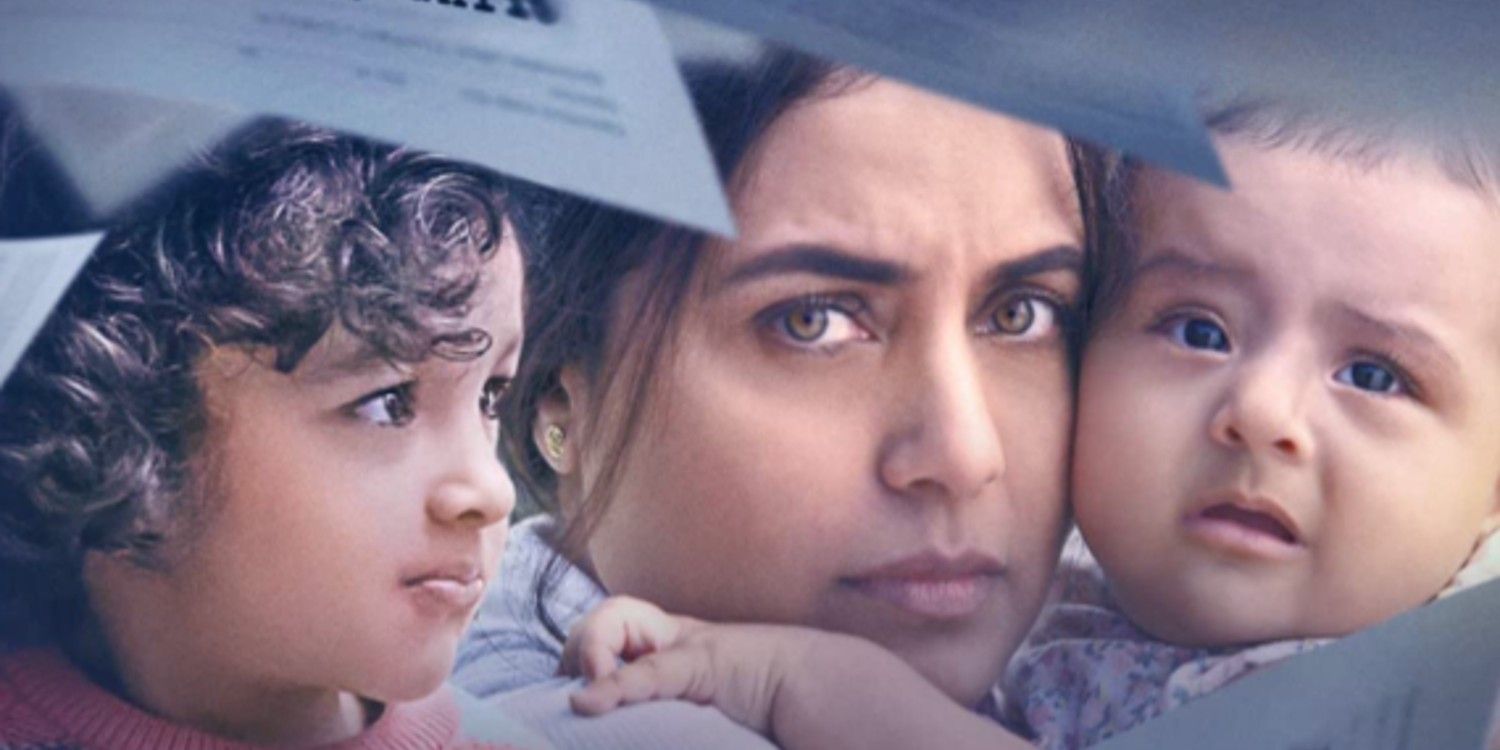The true story depicted in Mrs. Chatterjee vs. Norway raises questions about the identity of the real-life couple the movie is based on. Especially when it comes to biographical movies, it can be difficult to tell what has been dramatized for the sake of a cohesive narrative and what actually occurred. This is all the more true when it comes to such an emotionally evocative story as that of the title character, which reflects real-life class issues where the word of immigrants is less valued than those of natural-born citizens.
Mrs. Chatterjee vs. Norway centers on an Indian immigrant, Debika Chatterjee (Rani Mukerji), who moves to Norway with her husband, Aniruddha Chatterjee (Anirban Bhattacharya), where they have two children, a son and a daughter. However, several weeks after Mrs. Chatterjee enrolls her son in kindergarten, Norwegian child protective services suddenly remove the children from the home, claiming that the kids are neglected and that the Chatterjees are incapable of providing for them. The rest of the film follows Mrs. Chatterjee as she fights to get her children returned to her through not just one, but two legal systems.
Mrs. Chatterjee Vs. Norway Is Based On The Story Of Sagarika Chakraborty
While there have been many films based on true stories from the foster care system before, Mrs. Chatterjee vs. Norway is unique for its international angle and cultural racism. The movie is based on the real story of Sagarika Chakraborty and her husband Anurup, an Indian couple who lived in Norway over a decade ago. In 2011, Norway’s child welfare service, the Barnevern, removed Sagarika and Anurup Bhattacharya’s children from their home, stating that the children did not have enough room to play and that the parents were not properly providing for their children. Allegedly, the group also misconstrued the parents feeding their children by hand as force-feeding and objected to the family sharing a bed.
The incident reached international headlines, especially when the couple appealed to the Indian government for help, stating that the agency was penalizing the family for cultural differences. After the Indian government got involved, the children’s custody went to their uncle, sending them back to India without either of their parents. But Ms. Chakraborty kept fighting to get her children back, even as her relationship with her husband deteriorated, leaving her to go to court in India on her own. But she persevered, and reportedly regained custody of her daughter and son in January 2013.
Why Mrs. Chatterjee Vs. Norway Changed The Real Names
Given that Ms. Chakraborty’s story was in the public eye and took place over a decade ago, it may seem unnecessary for Mrs. Chatterjee vs. Norway to change the characters’ names. However, perhaps because director Ashima Chibber’s film focuses on an emotionally-charged topic that deals with international relations as well, they may have needed to change details of the case from actual events to make them work for the film. Additionally, the production may have decided to do what they could to protect the identity of the children, especially since they were already the subject of so much media attention in their early years and do not need the same experience again.
Where Is Mrs. Chatterjee Now?
Given that it has been a decade since Ms. Chakraborty got her children back, much has inevitably changed for the family. In the intervening years, Ms. Chakraborty separated from her husband and moved back to Kolkata, West Bengal, to raise her children. She went on to gain her Master’s in computer applications, which led to several jobs with various international software companies, including a year where she worked in India. Besides earning her degree and being with her family, Ms. Chakraborty also wrote a book called Journey of a Mother, which chronicles her experiences in Norway, which has not yet been published.
As far as Ms. Chakraborty has reported, the family is doing well, although the children are still impacted by the trauma of being removed from their parents at such a young age. In response to Mrs. Chatterjee vs. Norway, the Norwegian ambassador to India wrote an op-ed in The Indian Express claiming to correct inaccuracies in the film and describe Norway’s attitude toward families. Ms. Chakraborty, in turn, wrote a column in response, rexamining her past experiences.








